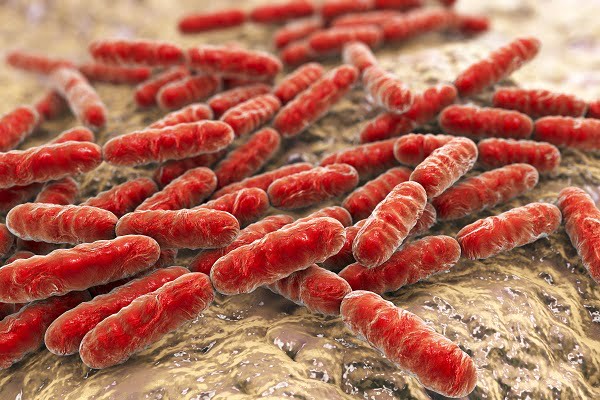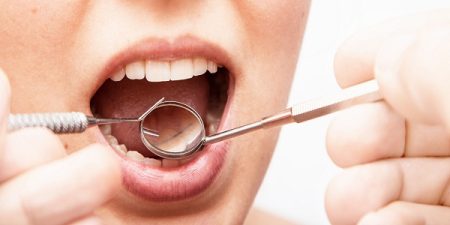What Causes Bad Breath (Halitosis)?
- Updated on: Jul 9, 2024
- 3 min Read
By
- Published on Oct 3, 2019


Bad breath causes
Bad breath starts mostly from the mouth. Sometimes it can start from the nose also. It is a common problem and even healthy people can have bad breadth occasionally. The possible causes of bad breath (halitosis) are described below:
Poor Oral health
Poor dental hygiene is one of the most common causes of halitosis. Mouth is always wet and therefore a very good breeding platform for bacteria.
If teeth are not brushed, flossed and rinsed properly, following conditions may occur:
- Food particles may remain inside the mouth
- A colorless sticky coating of bacteria may cover the teeth and gradually form a plaque between teeth and gums
- Tongue can also trap the bacteria that produce bad odors
- Dentures if not cleaned properly can harbor the bacteria and food particles
- Braces if not properly cleaned after eating food, can trap the food
In order to prevent halitosis and above conditions, one should maintain a good dental hygiene.
Strong Food and Beverages
Food is the primary source of bad odors. Different foods are responsible for different types of odors. Foods and their effects are given below:
Onions and Garlic
These types of foods contain smelly sulfur compounds. Sulfur has a rotten egg smell. Therefore, after having such foods, the breath smells like a rotten egg.
Dairy Products, Meat and Fish
These types of foods contain dense proteins. Dense proteins are food sources for anaerobic bacteria responsible for the bad breath.
Refined and Processed Sugar
Refined sugar also provides a food source for the sulfur-producing bacteria.
Coffee and Juices
Coffee and juices are acidic in nature. An acidic environment is the best breeding ground for almost all the bacteria responsible for bad odors.
Use of Tobacco
Smoking and chewing tobacco are other causes of bad breath as they leave chemicals in the mouth.
Tobacco dries the mouth and makes the breath even worse. It also increases the chance of gum disease which is again the main cause of bad breath. Continuous smoking stains the teeth, irritates the gums and reduces the sense of taste.
Stopping smoking lowers the risk of gum related disease and also helps in reducing the bad breath.
Dry Mouth
Xerostomia is a medical term for dry mouth. Saliva naturally cleanses the mouth by removing particles from the mouth that cause bad odors.
Dry mouth contributes to bad breath because the mouth is not naturally cleaned due to lack of saliva. Dry mouth is caused by:
- Less production of saliva
- Long periods of speaking
- Smoking
- Drinking alcohol
- Snoring
- Continuously breathing through mouth
Dry mouth provides a perfect environment for the reproduction of anaerobic bacteria. Minor food odors can lead to long-term issues for people suffering from dry mouth condition.
Nose or Throat Conditions
Bad breath may develop if a person is having any of the following respiratory infections:
- Sinus infection
- Postnasal drainage
- Chronic bronchitis
- Tonsil stones
- An infection in upper or lower respiratory system
Mouth Infections
Yeast infections of the mouth, cavities and gum diseases cause bad breath. All these conditions of the mouth provide a breeding platform for the bacteria and yeast. Overgrowth of these micro-organisms causes bad breath.
Other Diseases and Illness
It is estimated that 10 percent of halitosis cases are caused by other diseases and illness. Such diseases and illness are:
- Diabetes
- Lung disease
- Kidney disease
- Cancer
Medications
Certain medications have a side effect of reducing saliva in the mouth. This contributes to dry mouth, which in turn is the cause of bad odors. Some medications break down and release chemicals which contribute to bad breath.
Crash Dieting
Break down of ketones (fats producing chemicals) takes place during fasting and low carbohydrate eating process. Ketones have a strong odor. When they break down, a strong odor is released.
Other Causes
In addition to the above discussed causes of bad breath, there are some other rare causes. They are:
- Object stuck in the nose (particularly in children)
- Regular alcohol consumption
- Large dosage of vitamin supplements












